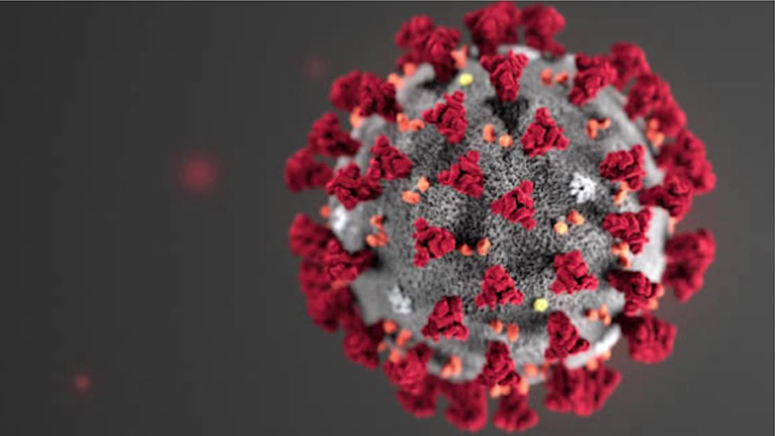HARTFORD, Conn. (AP) — Two of Connecticut’s largest hospitals instituted a furlough for some workers and took other precautionary measures after an employee who lived in New York tested positive for the coronavirus.
Gov. Ned Lamont, joined by hospital and local officials, said Friday that the woman was in self-quarantine in New York’s Westchester County.
Officials with Danbury Hospital and Norwalk Hospital, which are part of the same hospital network, said the woman had been notified earlier in the week that she was among those who may have come into contact with someone in New York who had the virus, and had been away from the workplace since then awaiting testing results, which came back Friday.
Lamont, a Democrat, said the hospital had identified anyone the woman has had contact with over the last couple of days, and put them on furlough and were being monitored.
Officials did not provide the occupation of the woman.
Kerry Eaton, chief operating officer of Nuvance Health, said the woman worked in an isolated area in the hospitals, coming in contact with limited numbers of patients.
“We believe it was contained because it was a very limited geographic area in both of the hospitals,” she said.
There were still no confirmed tests among Connecticut residents.
Officials said earlier Friday they were considering setting up alternative sites or “triage centers” to screen for the virus away from emergency rooms as the state works to dramatically expand its testing capabilities while bracing for anticipated confirmed cases.
While there are no confirmed cases in Connecticut yet of COVID-19, the disease caused by the virus, all of Connecticut’s surrounding states have positive cases. Lamont said earlier in the day that steps need to be taken to plan for what state health officials have predicted could be similar to a bad flu season.
“So far, no sign of an infection yet in this state. But let’s face it, we’re surrounded by states that do have isolated examples of this,” Lamont said at a news conference at St. Francis Hospital and Medical Center, surrounded by doctors. “But we ought to be prepared for what we’ve got going forward.”
Dr. John Rodis, the hospital’s president, said there are efforts to set up locations around Connecticut, possibly in tents and offices, where people with symptoms such as a fever, cough and shortness of breath could be screened, evaluated and isolated. They would be similar to triage centers or fever centers set up in places like China, Australia and Canada to help prevent the spread of the disease.
“This is very preliminary,” Rodis said. “We’re happy to work with the rest of these state agencies and health care systems to develop such a system.”
Meanwhile, Connecticut officials expect specimen testing will soon be conducted at private labs and major hospitals, in addition to the Department of Public Health State Laboratory in Rocky Hill.
Josh Geballe, Lamont’s chief operating officer, said that will enable more groups of people to be tested. Currently, people who have been admitted to the hospital with severe symptoms and those who have returned from hard-hit countries who have started to show symptoms are being prioritized for testing.
Connecticut is also expecting more test kits from the federal government, he said. The state currently has one kit that has the capacity to test 500-600 people. Patients should still contact their physicians to determine whether they need testing. Geballe said people should not go to retail private labs and ask to be tested.
Connecticut Public Health Commissioner Renée Coleman-Mitchell said the state health lab has tested 12 people as of Friday, with all tests coming back negative. Public Health spokesman Av Harris said another 11 people are awaiting results.
Coleman-Mitchell also said 154 people in the state are self-monitoring for symptoms.
“Our overall public health risk for Connecticut residents still remains low for COVID-19,” she said.
Dr. Matthew Cartter, the state epidemiologist, said the outbreaks in the U.S. will likely look like a “really bad flu season” that will last up to four months.
Meanwhile, the American Athletic Conference has asked teams participating in this weekend’s women’s basketball tournament at the Mohegan Sun to forego the traditional post-game handshake line. UConn coach Geno Auriemma said he thinks that may be taking precautions a bit too far.
“I don’t think shaking hands is going to be the game-changer there at the end of the game,” he said.
(Copyright (c) 2024 The Associated Press. All Rights Reserved. This material may not be published, broadcast, rewritten, or redistributed.)

